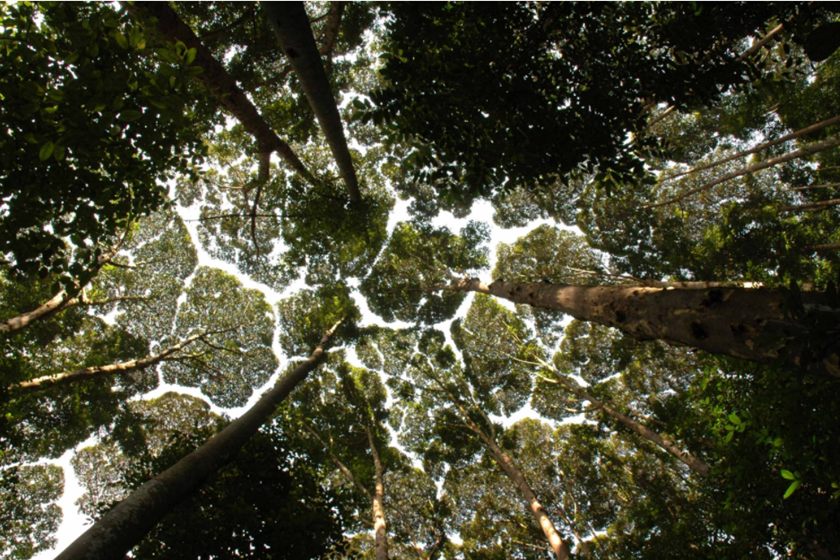World Environment Health Day 2021

The theme for this year’s World Environment Health Day is Prioritising Environmental Health for healthier communities in global recovery.
What is the intersection between a healthy environment and healthy communities? This is a complex question that many researchers, academics, conservationists have explored from varying perspectives. I am not any of these, I am a development professional and a concerned citizen. I am worried about many things, but I am particularly worried about the climate crisis and about biodiversity loss. This World Environmental Health Day is an opportunity to think about this relationship, and what we are doing to make sure we take care of the planet and ourselves. We believe that good conservation programmes have a role to play in addressing biodiversity loss and ensuring that the environment is health and can continue to support people in a sustainable way.
Globally environmental health is big on the agenda- there are numerous global summits taking place on climate, biodiversity, and desertification just this year alone. In particular COP 15, the biggest biodiversity summit in a decade, where global leaders will come together to discuss the ecological crisis and our futures.
Over the past three decades, countries have agreed a series of plans under the Convention of Biological Diversity- the international framework to protect nature. More than a decade ago global leaders committed to protecting nature under 20 Aichi biodiversity targets including protecting species decline, coral reefs and tackling pollution. However, we failed to meet these.
Now Global leaders are working on a new, enhanced plan that would set goals for the next decade and beyond. The draft Global Biodiversity Framework aims to conserve at least 30% of the world's land and oceans by 2030, amongst other ambitious but necessary targets. I encourage you all to engage with these important opportunities and consider what you can do to ensure your government representatives take clear and urgent action, as the health of not just the environment and planet but the human race depends on this.
We rely on nature and ecosystems for many services including food, clean air, water, and even medicines. These are not luxuries; these are necessities, and we rely on them to survive as a species. It is critical that we preserve the health of the environment and the planet so that we can continue to live and thrive as a species. The health of the environment is intrinsically linked to our own health, we cannot survive without it. Although ironically it would have survived better without us.
By Diya Mukarji, Head of Programmes at the British Asian Trust
